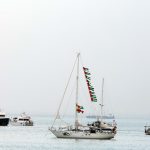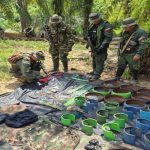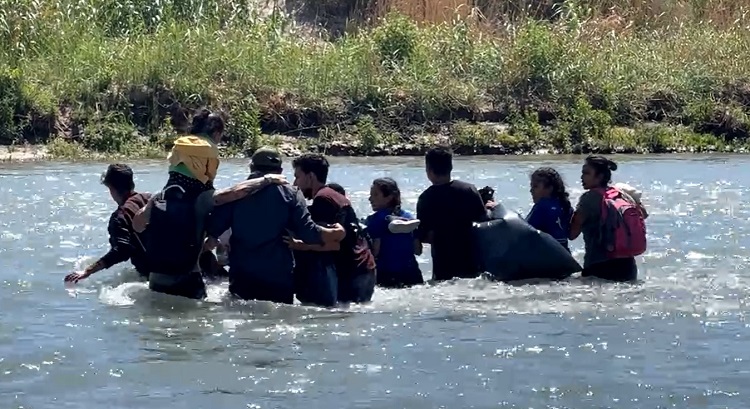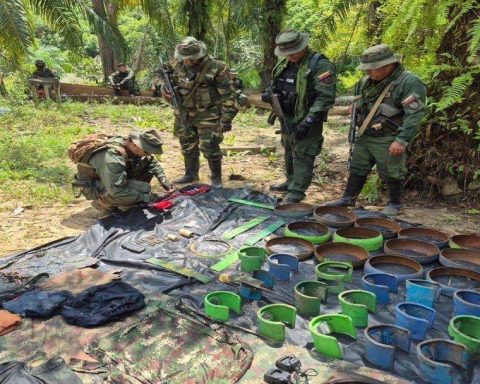
The State of Exception imposed by the Government in the northern border provinces ended this Friday, April 15, but it did not mean the withdrawal of police and military personnel, since it was replaced by decree 265, published during the administration of President Sebastián Piñera, and that allows the deployment of troops and other troops to control irregular migration flows.
President Gabriel Boric maintained the military deployment in the north, despite the end of the State of Exception, and is also preparing a visit to the area. While awaiting the arrival of the Head of State at the nerve center of the migration crisis next Thursday, April 21, the Minister of Defense, Maya Fernández, conducted an analysis of the role of the Armed Forces (FF.AA.) in the control of public order, ensuring that when they are used for this purpose, there is a political failure.
You may also like:
Maya Fernández recalled that, prior to her appointment to the Defense portfolio, as a parliamentarian, she did not vote in favor of the measure in the south. In that sense, she said that the topic “would separate it into different contexts.”
First, he clarified, “the Armed Forces must watch over sovereignty and protect our country, but we must see how they are linked to the citizenry.” He stated that “we forget that they have a tremendous role in catastrophes, what they meant in the earthquake and the flood.” And that, “must be encouraged,” said the Minister of Defense in an interview with The Mercury.
But, “the role of the Armed Forces is not public order; due to their training, they are prepared to defend the country,” stressed Minister Fernandez, arguing that “there is a failure, a shortcoming, especially political, when the The State resorts to the Armed Forces for public order in a democracy”.
“There is a lack of more political dialogue here, more political solutions,” declared Maya Fernández.
The Minister of Defense assured that in La Moneda “public order matters to us and President Boric has constantly said so”, but clarified that solutions “do not occur from one moment to the next”. Fernandez emphasized that the President “cannot resolve in a month what has not been resolved for several years.” And she stated that “we want everyone to be able to go out and walk the streets in peace, not only in Santiago, but throughout the national territory.”
Maya Fernández also referred to the existence of the prison complex where those convicted of crimes against humanity are held during the dictatorship of Augusto Pinochet, declaring that “there should be no penalties for some and penalties for others, with such brutal crimes.”
The former socialist deputy was consulted by the morning paper on whether to continue with this prison, to which she replied: “no, not the special prison.”
“Obviously someone convicted of crimes against humanity has to pay the penalties. There should be no penalties for some and penalties for others, with such brutal crimes.”
Finally, regarding access to benefits for the prisoners of Punta Peuco, Minister Fernández pointed out that “not at this time, they have to pay their sentences.”

















